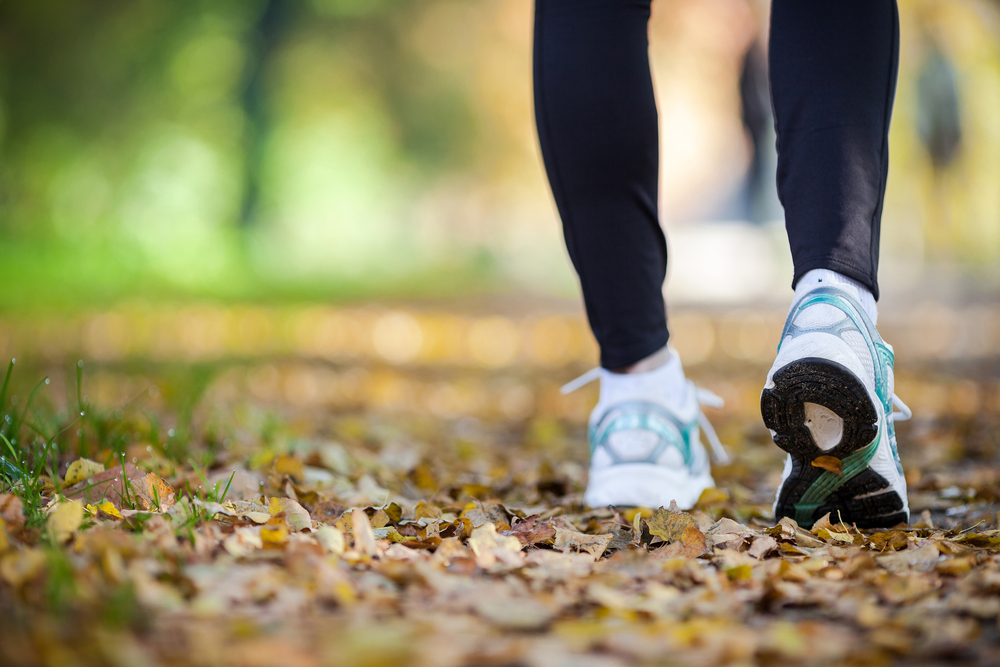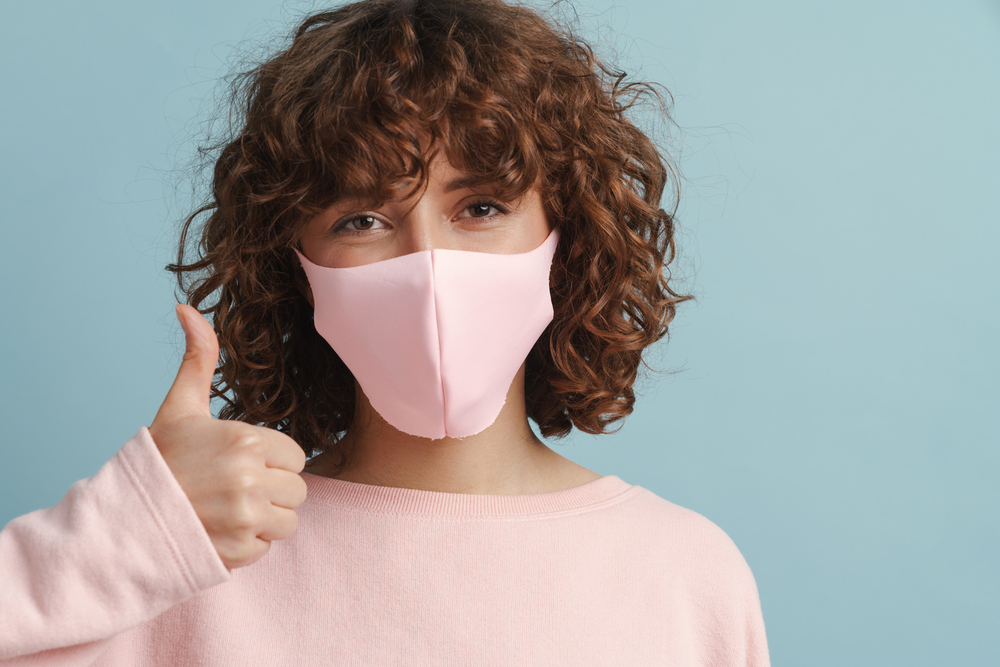If you have recently experienced a virus or COVID-19 it’s important to go easy on yourself in the recovery phase. There are some steps you can take to make your recovery easier so that you can transition to living and enjoying life in your healthy body again.
In this article, I share my insights on post viral care, how to support your recovery and boost your immunity naturally. These steps will help to minimise any rebounds and further incidences of viruses as we transition into the cooler months of the year.
Viral Symptoms
There have been over 5.8 million cases of COVID-19[1] Australia wide since the pandemic started. Chances are you or someone close to you know has experienced it or another virus in recent months. Some of the more common symptoms of any viral illness includes:
- Fatigue and lack of energy
- Sore or scratchy throat
- Runny or blocked nose and sneezing
- Headache
- Fever
- Nausea, vomiting or diarrhoea
- Body aches and pains.
How Long Will Symptoms Last?
The symptoms experienced vary from person to person even if they have the same virus. Some people may have very mild symptoms while others experience extreme and debilitating illness. Generally speaking the worst of the symptoms will begin to subside within 5 days in most people.
The severity and length of infection is dependent on an individual’s health, level of immunity and whether there are any underlying medical conditions. Taking time to rest and allowing your body to fight the infection will greatly assist your recovery.
Top 3 Tips to Enhance Your Recovery
1. Ease into normal life
When you have been unwell it is completely normal to want to get back to living life as you normally would – work, sports and family commitments are probably on the back of your mind. However, doing things too quickly and as soon as you start feeling better can cause a rebound and actually delay your recovery.
My recommendation is to ease back into your normal activities. Don’t overdo it and tune into the messages your body is giving you. If you are tired, slow down and rest.
2. Build up exercise slowly
The virus you experienced may have affected your breathing, airways, lung capacity and stamina. Slowly begin to build up your fitness again by starting with walking short distances and slowly build up to longer distances and modified exercise regimes. Do not overdo it and push yourself beyond your limits.

When you give your body the time it needs to recuperate you will be in better condition to get back to your usual exercise and fitness routine.
3. Look after your gut health
Your gut health supports your immune system in fighting all types of viruses. Your gut microbiome is made up of trillions of microorganisms that live in your intestinal tract. This bacteria is responsible for many of your body’s vital functions including your immune system.
To support and boost your immune system focus on your gut health. This aids your ability to fight off viruses and reduce the severity and length of infection.
Boost your immune system by incorporating the following into your diet and daily habits:
- Bone broth helps protect and restore the intestinal lining of your gut
- Prebiotics such as garlic, onions, oats, flaxseeds, bananas, apples
- Probiotics such as kombucha, kefir, miso, apple cider vinegar
- Adrenal herbs such as ashwaganda and licorice (consult a qualified naturopath/herbalist)
- Immune Nutritional supplements such as zinc, vitamin D, vitamin C.(consult a qualified therapist as doses vary).
You may also be interested in reading Boosting Your Family’s Immunity: How Naturopathy Can Help. This article will help you learn more about supporting immune function for all members of your family. It covers immunity for babies and infants, school age children and adolescents and teenagers.
Contact me to book an appointment and find out how naturopathy can help with post viral care and supporting you and your family’s immunity and health naturally.
[1] Coronavirus (COVID-19) case numbers and statistics | Australian Government Department of Health, May 2022
